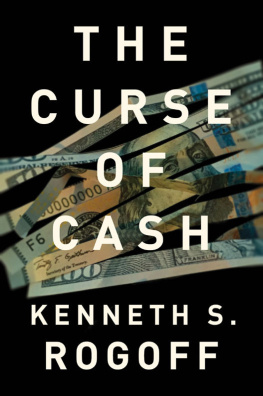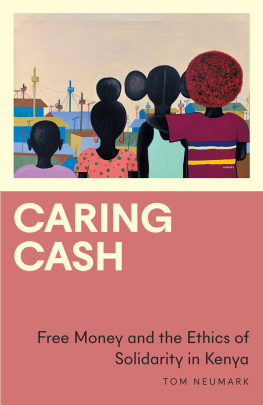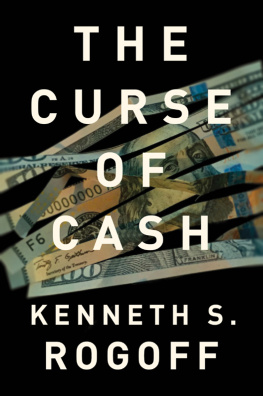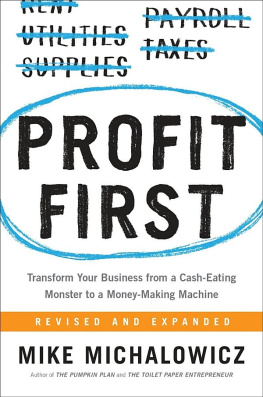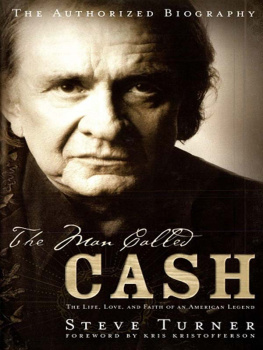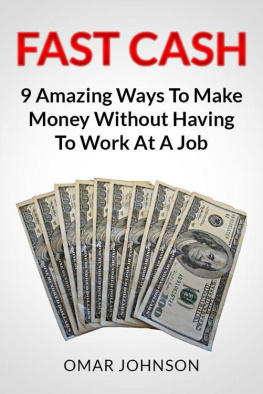THE
CURSE
OF
CASH
THE
CURSE
OF
CASH
KENNETH S.
ROGOFF
PRINCETON UNIVERSITY PRESS
PRINCETON AND OXFORD
Copyright 2016 by Kenneth S. Rogoff
Requests for permission to reproduce material from this work should be sent to Permissions, Princeton University Press
Published by Princeton University Press, 41 William Street, Princeton, New Jersey 08540
In the United Kingdom: Princeton University Press, 6 Oxford Street, Woodstock, Oxfordshire OX20 1TR
press.princeton.edu
Jacket design by Faceout Studio
Excerpt from The Collected Writings of John Maynard Keynes copyright 1931, 1972, 2010, 2013 The Royal Economic Society. Reprinted with the permission of Cambridge University Press.
All Rights Reserved
Library of Congress Cataloging-in-Publication Data
Names: Rogoff, Kenneth S., author.
Title: The curse of cash / Kenneth S. Rogoff.
Description: Princeton : Princeton University Press, [2016] | Includes bibliographical references and index.
Identifiers: LCCN 2016014943 | ISBN 9780691172132 (hardback : alk. paper)
Subjects: LCSH: Paper money. | Money. | Currency question. | Monetary policy.
Classification: LCC HG350 .R64 2016 | DDC 332.4dc23 LC record available at https://lccn.loc.gov/2016014943
British Library Cataloging-in-Publication Data is available
This book has been composed in Sabon LT Std with DIN Pro Display
Printed on acid-free paper.
Printed in the United States of America
10 9 8 7 6 5 4 3 2 1
To my parents, June and Stanley Rogoff

CONTENTS

ix

This book deals with an issue that might seem stupefyingly mundane, more of a minor irritant than a curse. Yet, as I will try to persuade the reader, paper currency (cash) lies at the heart of some of todays most intractable public finance and monetary problems. And getting rid of most cash could help more than you might think.
The reader can be forgiven for thinking that monetary economists must worry about paper currency all the time, and that there must be endless scholarly tomes about it. Nothing could be further from the truth. Indeed, most academic and policy economists tend to think of physical paper currency as an irrelevant sideshow in todays world of high-tech banking and finance. Modern Keynesian macroeconomic models either marginalize the role of cash or banish it entirely; it is just too inconvenient to deal with. Most monetary policy experts cant be bothered with paper currency, as they believe it to be thoroughly uninteresting and unimportant.
Even central bankers dont care all that much about cash, even though their institutions make tens of billions of dollars supplying the stuff. Board members happily devote endless hours to discussing the minutiae of interest rate policy, and how it will affect inflation and unemployment. But dont bother them with any discussion of cash issuance except when it comes time to think about profit and loss statements. Even then, they are not going to get too excited. Deep down, most central bankers believe that their main objective in life is to help guide the economy along a path of stable growth and prices, not to make money.
Yes, cash has gotten slightly more attention in recent years, as central bankers worry more about how far they can push interest rates below zero, as debt-laden governments national treasuries become increasingly desperate for tax revenues, as security agencies try to forestall terrorist threats, and as justice departments try to deal with growing national and international crime syndicates. But most policymakers still take paper currency as an immutable fact of life and restrict their ambitions to mitigating any problems it causes. Even academics, who are supposed to think outside the box, have concentrated their attention on complex and risky policy ideas for dealing with the impotence of monetary policy once interest rates are zero, rather than asking how the issue might simply be swept off the table.
And that is precisely what I aim to propose here. Why not just get rid of paper currency? Or, to be precise, why not phase out most of it, taking care to execute the transition extremely slowly and gradually, dealing with financial inclusion issues through subsidized debit cards, retaining small notes indefinitely, perhaps eventually to be replaced by a coins-only system.
This solution might sound simple, and one might well ask why it takes an entire book to discuss it. But tackling the idea seriously takes us on a wide-ranging journey across all the ways that paper currency touches our lives, some concrete, some practical, some extraordinarily abstract. Though there are ever so many ways this topic can be sensationalized and politicized, I try to take a balanced tone throughout, highlighting both the advantages and the risks. This is not an easy task, as many topics are highly emotional. For example, what one person sees as illegal immigration, another might see as an escape mechanism for those fleeing from persecution and extreme poverty. Where does one draw the line between the governments right to enforce tax laws and the publics right to privacy? Regardless of readers initial prejudices, I suspect many will find the facts presented in this book sobering, and many of the arguments for preserving paper currency in its current form more superficial and less compelling than they might seem.
My hope is that most readers will find the book quite accessible. Where it has been essential to tackle somewhat more esoteric issues, I have kept the discussion as clear and simple as possible, with any absolutely necessary technical material relegated to endnotes and topics in the appendix. The future role of cash in our society is simply too important a topic to leave in a small dark corner of monetary economics. I trust that by the end of this book, the reader will see the topic of paper currency as far from mundane and certainly not a minor issue.
THE
CURSE
OF
CASH

Has the time come for advanced-country governments to start phasing out paper currency (cash), except perhaps for small-denomination notes, coins, or both? A huge number of economic, financial, philosophical, and even moral issues are buried in this relatively simple question. In this book, I argue that, on balance, the answer is yes. First, making it more difficult to engage in recurrent, large, and anonymous payments would likely have a significant impact on discouraging tax evasion and crime; even a relatively modest impact could potentially justify getting rid of most paper currency. Second, as I have argued for some time, phasing out paper currency is arguably the simplest and most elegant approach to clearing the path for central banks to invoke unfettered negative interest rate policies should they bump up against the zero lower bound on interest rates. Treasury bill rates cannot fall much below zero, precisely because people always have the option of holding paper currency, which at least pays zero interest.
Although in principle, phasing out cash and invoking negative interest rates are topics that can be studied separately, in reality the two issues are deeply linked. To be precise, it is virtually impossible to think about drastically phasing out currency without recognizing that it opens a door to unrestricted negative rates that central banks may someday be tempted to walk through. After all, even today when the door to negative rates is cracked only slightly ajar, several major central banks (including the Bank of Japan and the European Central Bank) have already shoved a foot through. Thus it is important to think about phasing out cash and developing negative interest rate policy in an integrative fashion.
Next page
